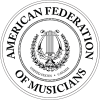About Us
Don Werdick2025-04-14T12:12:41-05:00Who We Are
ABOUT US
Oboe, Oboe d’amore, English horn
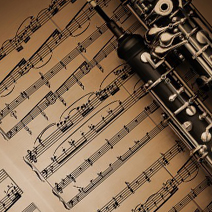
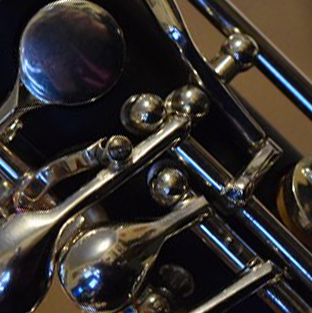

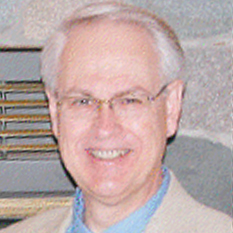
Don Werdick
Biographical Information
Don Werdick is a Professional Oboe, Oboe d’amore & English horn artist. Owns and operates the international double reed cane processing business Supérieure Cane Processing, Inc., oboemn.com, since 1960; music copyist/engraver, arranger/editor and Publisher-Chamber Ensemble of Minnesota, Inc. Publishing, ASCAP, oboemn.com/concerto, Member of the American Federation of Musicians – Duluth Musicians Association, past Board/Executive Committee-Local 18, Twin Cities Musicians Union-Local 30-73, International Double Reed Society, Associated Chamber Music Players, American Society of Composers, Authors & Publishers and the International Music Score Library Project. Studied with: Rhadames Angelucci, Principal Oboe, Minnesota Orchestra; Ita Loe-Vellek, Chicago Symphony and Ruben Haugen, MacPhail Center for Music; and a graduate of the University of Minnesota. Symphony and chamber orchestra performances include the River Valley Chamber Orchestra and RVCO Ensembles, St. Croix Valley Symphony Orchestra and SCVSO Ensembles, North Shore Philharmonic Orchestra, Mesabi Symphony Orchestra, Mesabi Musical Theatre Orchestra, Chamber Ensemble of Minnesota, Woodland Chamber Ensemble, Northern Lights Music Festival Orchestra-chamber and opera orchestra, Guest Performer-Duluth Symphony Orchestra, DSSYO, the Minnesota Opera, and music ministry-liturgical music oboe accompanist & arranger. Prior to 2000, performances in the Twin Cities included: Minnetonka Symphony Orchestra, Bloomington Symphony Orchestra, Metropolitan Wind Ensemble, University of Minnesota Orchestra, and Augsburg University Orchestra. Having had a dual career/vocation, he is also a retired financial institution Director & CEO; former FDIC/RTC Assistant Director; past First Federal Minneapolis management; and former U.S. Army Band Director & commissioned officer. Both business and residence are located on several wooded acres overlooking the St. Croix River in southwestern Wisconsin.
Oboe
Sample Selections
Swan Lake Ballet Suite - Peter Tschaikowsky (1840-1893)
Octet in F Major - Franz Schubert (1797-1828)
English horn
Sample Selections
William Tell Overture - Gioacchino Rossini (1792-1868)
The English horn sample performed is from the second movement of this selection.
This is the last opera Rossini composed at age 36, although he lived to be seventy-six. Up until that time he had written thirty-seven operas, during his remaining years he continued to compose orchestral and some vocal music. This opera premiered in 1829, the composition has been called “a complete symphonic poem in miniature”. The Overture to the William Tell Operain its first section is reflective of a sunrise and mountains depicted by cellos and basses. The second section of this overture depicts a gathering fury of an Alpine storm, and, as it subsides, an Andante comes through with the shepherds’ thanksgiving – the 41 measure the beautiful English horn solo. Eventually, the trumpet announces the approach of Swiss soldiers with the full orchestra finishing with a bright and rapid pace to the end of the overture.
The William Tell Opera is founded on the well-known story of Tell and his endeavors to relieve his countrymen, the Swiss, from Austrian domination. “Tell” was written for the Grand Opera in Paris, where it was first produced in August 1829.
Oboe d’amore
Sample Selections
Concerto in A Major - Johann Bach (1685-1750)
Because of Bach’s busy performing schedule in Leipzig in the 1730’s, he was often rushed and on occasion transcribed some of his violin, oboe, and oboe d’amore concerti into harpsichord concerti. The Concerto in A for harpsichord is based on the original composition started as a concerto for oboe d’amore. Though the manuscript of the harpsichord concerti arrangements survived, the original sources for this did not. Much research took place in later years to reconstruct it to the Concerto in A major for Oboe d’amore, Strings and Baso continuo version.

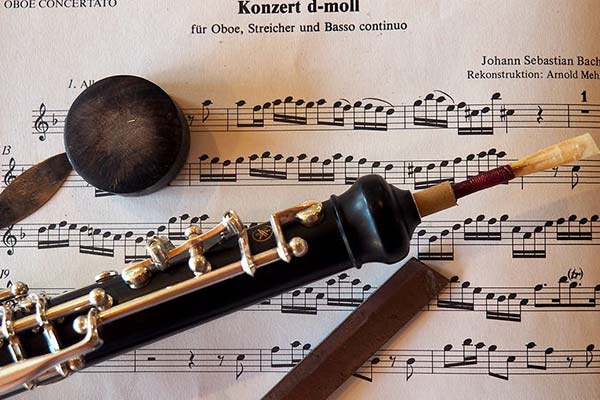
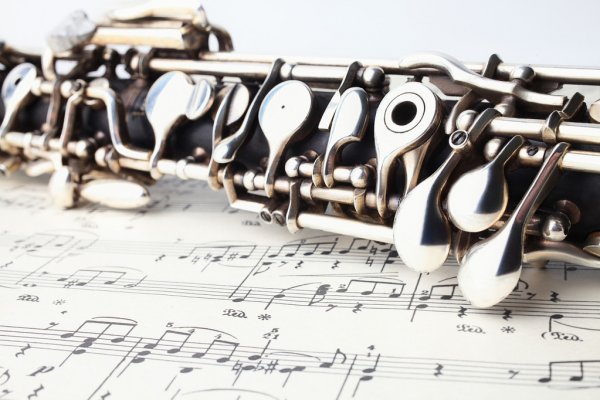
Members
